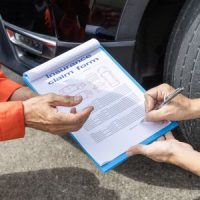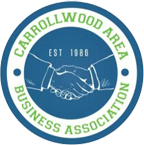How to Deal with the Insurance Company After a Car Accident

A car crash can leave you shaken up and with serious injuries. On top of this, you will also face mounting medical bills and you may not be able to return to work to pay for them. In the hours or days afterward, the insurance adjuster may contact you. They will act very friendly and even tell you they are only there to help. In your vulnerable state, you may believe them. You may even be so eager to receive any financial relief that you sign the first settlement offer they make.
This is what insurance adjusters are hoping for. The first settlement offer is not usually enough to fully cover the cost of your injuries and if you accept it, you cannot go back for more in the future. Below, our Tampa car accident attorney explains how to deal with the adjuster so you can avoid this.
Strategies Adjusters Use to Reduce Your Claim
Insurance adjusters use many different strategies to reduce your claim. These include:
- Recorded statements: Insurance adjusters often ask for recorded statements. They say they need it to ‘clarify details.’ Really, they want a recorded statement so they can use it against you in the future. For example, if you say, ‘I did not see the other vehicle,’ the insurer will take that out of context to say you were not paying attention.
- Misleading questions: The insurer will ask misleading questions so you will inadvertently admit fault. For example, they may ask, ‘So, you were distracted, right?’
- Offering low settlements: While you may be excited at the thought of receiving a settlement right away, you must ensure it will cover the cost of all of your losses. If the insurer offers a settlement in the hours or days after your crash, you likely do not yet fully understand the extent of your injuries, and neither do they.
How to Protect Your Rights After a Crash
While the insurance adjuster will use many strategies to infringe on your rights, there are ways to protect them. These include:
- Seek medical attention: Even if you think you did not suffer serious injuries, always seek medical attention after any crash. If you do not, it can give the insurer reason to deny your claim.
- Document all interactions: Any time you communicate with the insurance company, document the interaction. Record the adjuster’s name, the time and date you spoke to them, and what was said.
- Direct them to your lawyer: The best way to protect yourself is to speak to a lawyer soon after a crash, before you speak to the insurance company. An attorney will ensure nothing is said that will hurt your case and will always make sure your rights are protected.
Our Car Accident Attorney in Tampa Can Help with Your Case
At Moore Law, our Tampa car accident attorney can deal with the insurance company after a crash so you obtain the full and fair settlement you deserve. Call us today at 813-510-5400 or contact us online to schedule a consultation and to learn more about how we can help.
Source:
leg.state.fl.us/statutes/index.cfm?App_mode=Display_Statute&URL=0600-0699/0624/Sections/0624.155.html







